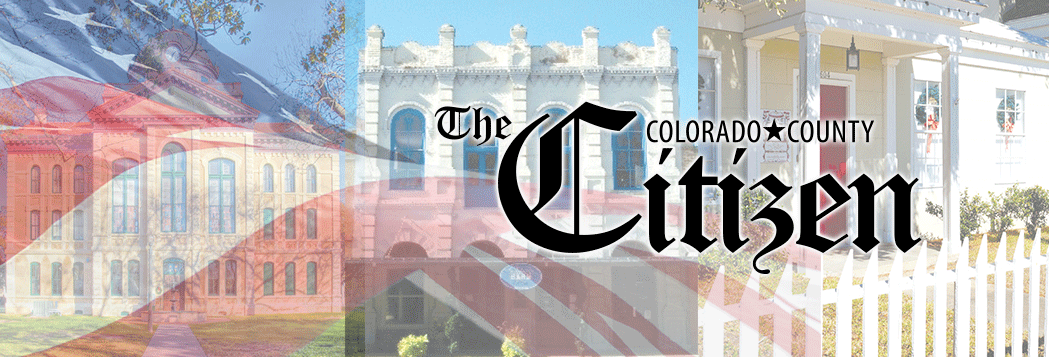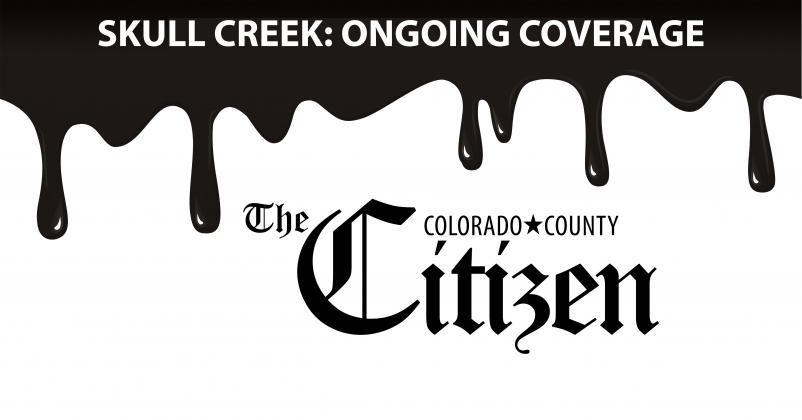LCRA votes to set up potential legal action over Skull Creek
SAN SABA — The Lower Colorado River Authority Board of Directors on Tuesday at their regular meeting in San Saba, adopted a resolution granting their general manager the authority to take whatever action is necessary to pursue enforcement actions concerning the recent contamination in Skull Creek.
The resolution is the first step toward the agency taking potential legal action against those having been identified as the culprits for the pollution along Skull Creek.
The action came after the contamination in Skull Creek was confirmed as having reached the Colorado River last Thursday.
Last week, as the black substance in the creek reached the Colorado River, the Texas Attorney General sued Inland Environmental, the company identified by the Texas Commission on Environmental Quality as the culprit for the contamination, seeking a restraining order stopping them from further emissions in to the creek.
“Recent water quality testing in the creek downstream of Inland Environmental has detected high levels of hydrocarbons such as ethylbenzene, toluene, xylenes and total petroleum hydrocarbons. Residents and LCRA employees have observed parts of the creek are almost black and have a strong chemical odor,” LCRA’s release notes.
“LCRA is alarmed by the water quality data we are seeing downstream of the Inland facility,’’ said LCRA General Manager Phil Wilson. “We are very concerned, and we are considering taking action to resolve this issue quickly to protect water quality in the creek and the Colorado River.”
LCRA has taken water quality samples from the area and has provided results to Colorado County, the agency said in its release.
“Recent LCRA water quality sampling data results consistently show the presence of hydrocarbon-based constituents in water samples taken from Skull Creek downstream of the Inland facility. The detected hydrocarbon-based constituents include ethylbenzene, toluene, xylenes and total petroleum hydrocarbons. Sampling at Highway 71 above the Inland facility did not show the presence of hydrocarbons above detectable limits,” the release notes.
Although LCRA does not have regulatory authority to address most water pollution issues, it does possess certain enforcement authority under Chapter 7 of the Texas Water Code and the Texas Health & Safety Code.

